-
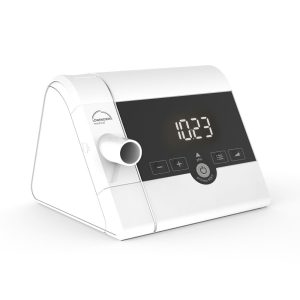
Automatic CPAP Machines
Shop NowShop -
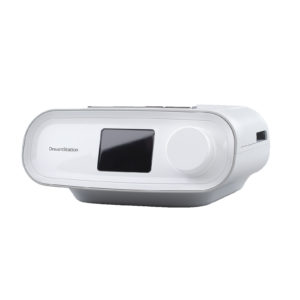
Fixed CPAP Machines
Shop NowShop -

Travel CPAP Machines
Shop NowShop -
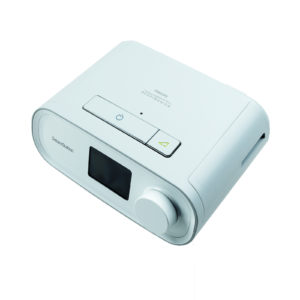
Philips CPAP Machines
Shop NowShop -
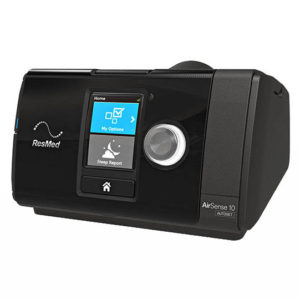
ResMed CPAP Machines
Shop NowShop -
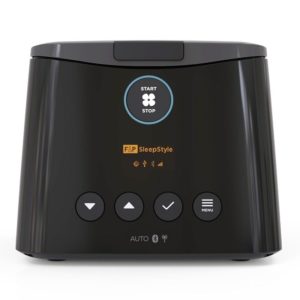
Fisher and Paykel CPAP Machines
Shop NowShop -
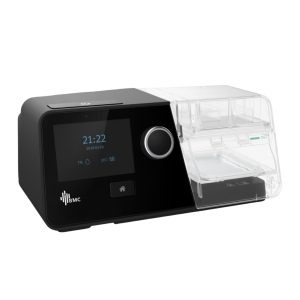
BMC CPAP Machines
Shop NowShop -
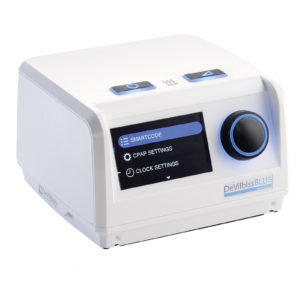
Drive DeVilbiss CPAP Machines
Shop NowShop -
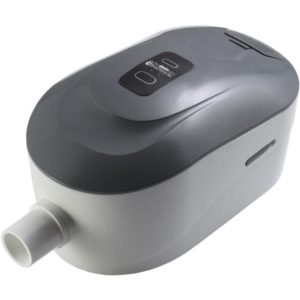
Transcend CPAP Machines
Shop NowShop -
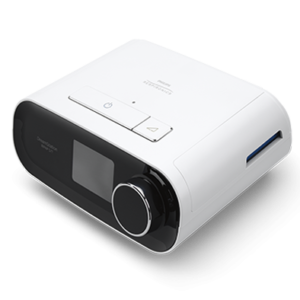
BiPAP Machines
Shop NowShop -
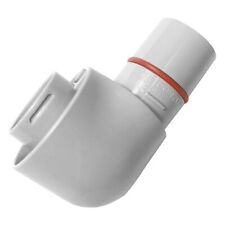
Spares and Parts
Shop NowShop
Sleep Apnoea Machines
We offer a large selection of Sleep Apnoea devices and compatible accessories from popular brands with various comfort features so you can get back the sleep you need.
What is CPAP therapy?
A CPAP (Continuous Positive Airway Pressure) machine treats the sleep disorder Obstructive Sleep Apnoea (OSA). It is the most widely used treatment option, used by millions around the world. The treatment consists of a connecting mask to deliver a consistent flow of pressurised air to the user’s mouth, nose or both. The airflow maintains an open airway, preventing breathing pauses and ensuring quality restorative sleep.
You can add extra comfort by including a humidifier water chamber, or some machines come with an included humidifier. The chamber adds moisture and warmth to therapy, helping to prevent dryness, congestion and other discomforts.
At what level of Sleep Apnoea do you need a CPAP machine?
A Sleep Apnoea machine is the most effective treatment for all severities of OSA. However, there are alternative options that exist for lower severities.
Do you need a fixed-pressure or automatic CPAP machine?
The two types of devices are fixed-pressure and automatic.
Fixed-pressure machines stay at one pressure setting. Your doctor or sleep test results calculate the required pressure based on various factors.
Automatic devices are for sufferers who do not have a specific air pressure requirement (most do not).
Auto machines have a range of sensors that allow them to calculate the correct air pressure. It can detect when you are about to stop breathing and raises the air pressure accordingly.
Once the danger has passed, it will drop the air pressure down again. This means, on average, you will get less pressurised air throughout the night than you would with a fixed-pressure machine. Many people find the automatic setting to be more comfortable and effective.
Need help choosing a CPAP machine?
Choosing a device can seem like navigating a minefield, especially if you’ve recently received a diagnosis of Sleep Apnoea. However, finding the right machine is simple once you know what to look for. Contact us via phone or email, and we’ll be more than happy to help you get the right equipment. We are one of the UK’s largest CPAP machine suppliers, offering a wide range of devices for you to choose from.
Getting used to CPAP Therapy
Getting used to treatment can be an adjustment, but it’s worth it for better sleep. It may feel strange wearing a mask, to begin with, and it might take a few nights to get comfortable. Some people find falling asleep with the machine hard to start with. However, as you gradually adjust to the equipment, it gets easier and more comfortable.
Once you’ve adapted, you’ll likely notice significant improvements. You’ll wake up feeling more refreshed and alert because the machine prevents breathing obstructions. It can also reduce snoring for some users.
Remember, consistency is key. Using your device every night will help you adapt faster and experience the full benefits of therapy. If you face challenges, don’t hesitate to contact us for guidance. Over time, using your device can become a routine part of your sleep, making you healthier and feel better.
CPAP Machines FAQs
A BiPAP machine, short for “Bilevel Positive Airway Pressure,” is a medical device that assists individuals with breathing difficulties, especially those suffering from Sleep Apnoea or other respiratory conditions. It is a type of non-invasive ventilation that helps maintain an open airway and improves breathing during sleep or rest.
The BiPAP machine delivers two distinct levels of airway pressure: a higher pressure during inhalation (inspiratory positive airway pressure, IPAP) and a lower pressure during exhalation (expiratory positive airway pressure, EPAP). This pressure variation helps individuals breathe more easily by providing additional support during inhalation and preventing airway collapse during exhalation.
To use a CPAP machine, you must have Sleep Apnoea confirmed; you can do this by taking a home sleep test or PSG. Home sleep tests are a quicker and more convenient way of determining Sleep Apnoea as you can complete it in your own time without taking any time off work. You can find out more about our In-Home Sleep Test here.
Adjusting to CPAP therapy can take a few weeks; it shouldn’t be uncomfortable, although common issues can be resolved easily. Getting used to using a machine can take time, but once you start to experience the life-changing aspect, your confidence and compliance will increase. It is used by millions of people worldwide and is known as the gold standard treatment for Sleep Apnoea.
Snoring is a symptom of Sleep Apnoea; if you have the condition confirmed, using a CPAP machine can stop snoring associated with the condition as it keeps your airway free of blockages.
If you are recommended to use a CPAP machine, you should use it all night. Removing your mask and pausing your therapy can make the symptoms return and Apnoea events increase.
Keeping on track with your therapy ensures your Sleep Apnoea is treated, allowing you to wake up feeling refreshed from restorative sleep.
It takes time to adjust to using a machine, and many people don’t feel the benefits until they have used the machine for a few weeks. If you have been using CPAP therapy for a long time and keep waking up tired, there may be an air leak due to an ill-fitting mask, preventing you from receiving effective airway pressure.

